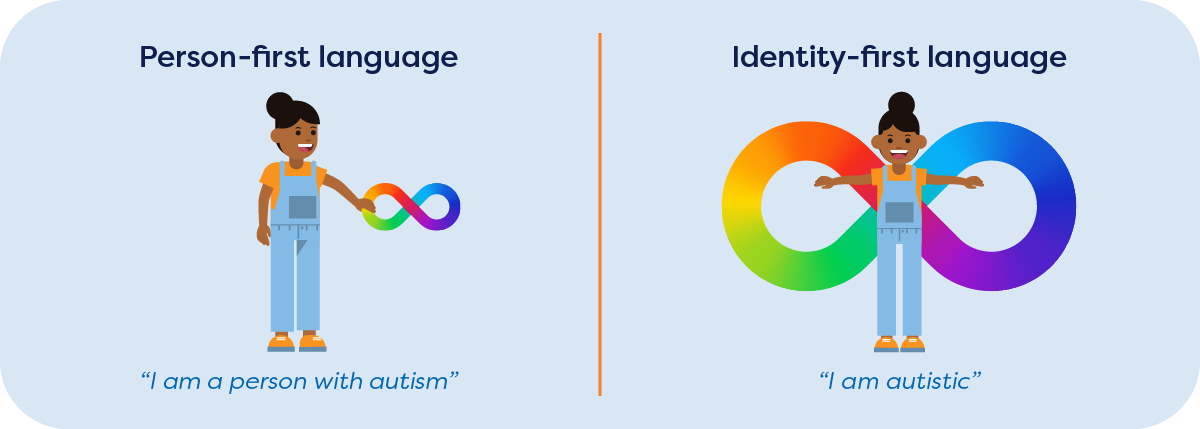Our Commitment to Diversity, Equity, and Inclusion (DEI)
STAR Autism Support (SAS) is committed to the ongoing work of diversity, equity, and inclusion (DEI). We celebrate the differences that make each person unique, both at work and in the communities we serve. In our daily work, we strive to make positive educational outcomes accessible to all students and educators.
This commitment is foundational to our company culture, reflected in our internal practices as a team and in our external practices with stakeholders. Our vision of equity includes a continuous commitment to becoming an anti-racist, culturally responsive organization.
Our company values:
- Use innovative, evidence-based, culturally responsive strategies to positively impact our stakeholders including students with autism and educators
- Practice professional and personal accountability, adaptability, and respect for others
- Maintain sustainable growth and long-term partnerships with our stakeholders in order to provide equitable services to all
Our DEI values are embedded into all aspects of our work at STAR. We strive to provide all employees with a culture of curiosity, growth, and continued learning. We collaborate with districts to meet the unique needs of their populations. We are committed to continuously evaluating our materials and resources to ensure diverse and inclusive representation, so that all students and educators can identify with our curricula.
We seek transformative social change by educating ourselves in cultural responsiveness and advocating for marginalized groups. In this ongoing effort, we partner with community members and DEI practitioners to make a positive change. We know this work never ends.
Our ongoing DEI initiatives inspire us to consider the broad challenges related to equity and social justice, critically investigate our own understanding and advocacy of DEI values, and prioritize goals for improving equity and inclusion for the people we serve. Learn more about our commitment to diversity, equity, and inclusion by reviewing the DEI Initiatives tab.
A note on language: Inclusivity requires considering the words we use to talk about our students and their disabilities. Many people in the autism community prefer identity-first language (e.g., “autistic”) because they view it as an integral part of their identity. Autism is not something they wish to separate themselves from. Person-first language is a common practice in the education field that is meant to be respectful and emphasizes the person before the “label” (e.g., “a student with autism”). We view this not an either/or issue but as a both/and situation…both types of language can be respectful, and it’s best to default to the individual’s preference. To be as inclusive as possible, we use both types of language in our materials and communications.

Disclaimer: The purpose of this section is to share a sample of how diverse populations are included in our illustrations and content. These materials do not focus on teaching DEI standards or related subjects.
